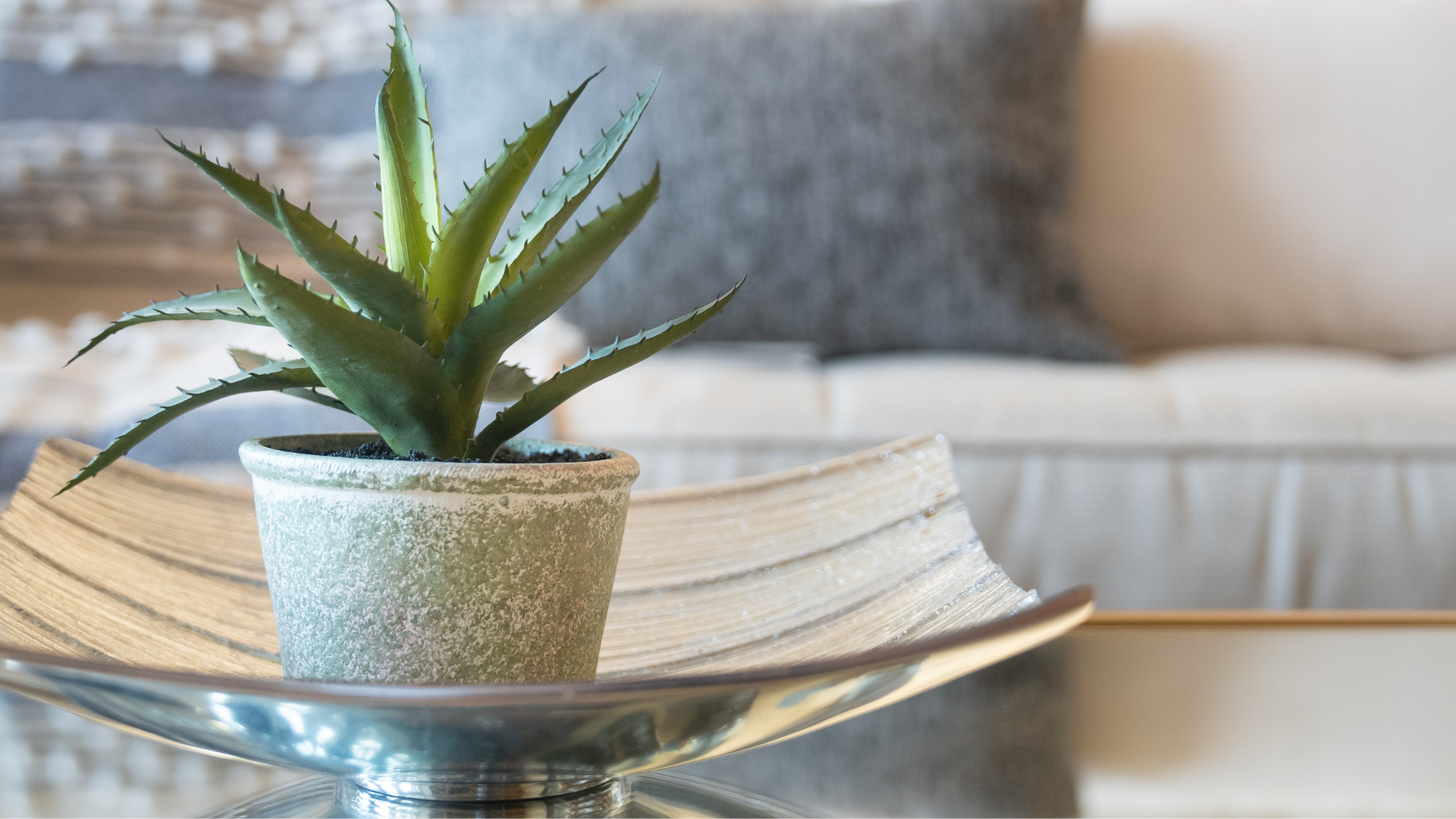There’s a reason about two-thirds of the households in America have at least one houseplant—many reasons, in fact. For one, they’re beautiful, bringing a blast of fresh, natural beauty into our homes. For another, they’re relatively inexpensive, especially when compared to other interior design elements. And some houseplants are easy to care for, which is ideal for busy lives.
Despite their popularity, however, most of us sleep on another potential benefit of houseplants: Practical, everyday uses. Houseplants don’t have to be merely decorative—the right ones combine that natural beauty with applications that can improve your life in myriad ways. If you’re looking to start an indoor garden or add to your existing collection, here are some of the most useful houseplants you can acquire.
Best houseplants for air quality
While claims that houseplants will scrub and purify your indoor air are overblown, there’s no doubt that houseplants do have a positive impact on your indoor air quality. All plants absorb carbon dioxide and excrete oxygen, after all, so just by having them you’ll be freshening up your home’s air. But specific plants also have more uses:
Improving humidity. If your house is feeling dry, giving you itchy eyes and skin, adding some spider plants to specific rooms can improve the situation. Studies have shown that spider plants can improve relative humidity in a room, making the space more comfortable. It should be noted that it’s all about leaf surface area, so you need a lot of them to make a real difference: 25 plants in 4-inch pots resulted in a 10% gain of relative humidity in the study, for example, though you could have fewer plants if they were larger.
Dust reduction. Many houseplants can improve the air quality in your home by capturing dust and other contaminants, trapping the stuff on their ridged leaves and stems. Peace lilies, English ivy, and rubber plants are great choices to have in the house for dust control. Note that these plants remove dust mechanically by capturing it, not by absorbing it in any way—you’ll need to dust them to actually remove the dust.
Plants with medicinal uses
Some houseplants are useful because they can be used to treat a range of mild discomforts and injuries. You might not be able to throw away all your store-bought stuff just because you have a few potted plants about, but if you include some of these plants in your collection, you can benefit from their proven healing qualities:
Aloe Vera has soothing properties, and the gel from a cut leaf can be used to treat minor burns (including sunburns) or other skin irritations. It’s also often used as a mild laxative.
Mint. Mint leaf teas have been used in folk medicine for centuries, and there’s some evidence that mint leaf teas can soothe the digestive tract. Having some fresh mint on hand in the form of an attractive houseplant means you can brew up a little relief any time you want.
Chamomile. Chamomile is often noted for its soothing qualities, reducing anxiety, aiding digestion, and improving sleep.
Edible plants to grow indoors
Your houseplants can be a source of ingredients in your cooking:
Herbs. The most obvious choices will be herbs like basil, sage, and parsley (among many, many other choices). These plants are attractive, easy to grow indoors, and can supply you with fresh seasoning for your meals.
Fruits. Several fruit trees actually thrive indoors. Figs, lemons, cherries, blueberries, and even bananas can be grown indoors, supplementing your grocery bills all year round.
Vegetables. Tomatoes, peppers, and kale are all beautiful houseplants that will also produce delicious veggies for your salads and other recipes.
Best plants for sleep aid
There are a lot of reasons to put houseplants in your bedroom, and better sleep is one of them. If you have trouble relaxing and falling asleep, just having plants in your bedroom can create a more serene, calm atmosphere that can promote better sleep. There’s also some evidence that scent can influence the quality and duration of sleep cycles—but it doesn’t have to be that complicated. Having plants that make the bedroom smell nice (like lavender, jasmine, or valerian) can contribute to a pleasant atmosphere that’s conducive to a good night’s sleep.
